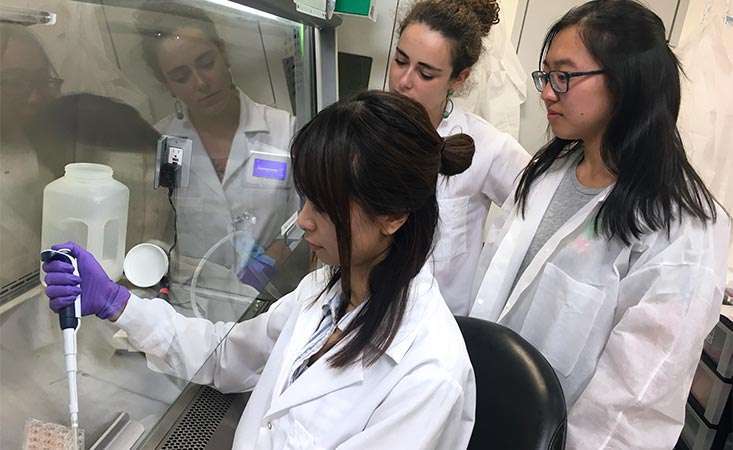(CTN News) – Chinese scientists have discovered two protein markers that might predict chemotherapy sensitivity in pancreatic cancer, perhaps leading to improved survival rates.
Pancreatic cancer is infrequently discovered in its early stages when the prospects of cure are highest. The average five-year survival rate is less than 10%.
A Chinese study enlisted 1,171 patients with pancreatic ductal adenocarcinoma (PDAC), the most frequent subtype of pancreatic cancer accounting for more than 95% of all cases, and conducted prolonged follow-up.
PDAC causes around 466,000 fatalities worldwide each year and is expected to become the second biggest cause of cancer-related deaths by 2030.
The Chinese team sequenced the proteome (the whole set of proteins expressed by an organism) and transcriptome (the collection of mRNA transcripts produced in a specific cell or tissue type) of 191 patients over a three-year follow-up period.
Implications for Pancreatic Cancer Treatment
This enabled them to successfully build a model for pancreatic cancer prognosis, and they later reported the discovery of two key protein biomarkers: NDUFB8 and CEMIP2.
Scientists and clinicians from Ruijin Hospital, part of Shanghai Jiao Tong University School of Medicine, and Changhai Hospital in Shanghai collaborated on the study.
It was first published online in the peer-reviewed journal Nature Medicine on January 29, but it was officially published as a cover article in the most recent issue on March 19.
To establish the validity of these biomarkers, the team examined their findings in medical centers in France and China with three independent groups of patients, each containing more than 200 participants. According to the authors, the method “enhanced the robustness and generalisability of our findings”.
Fan Jia, a senior doctor at Zhongshan Hospital, connected with Shanghai’s Fudan University, said in a commentary posted on the Chinese social media account “BioArt” in late January that the study is considered to be the first proteomics-driven “exploration of biomarkers associated with PDAC treatment”.
The findings “mark a new era in the precision diagnosis and treatment of pancreatic cancer,” Fan, who was not involved in the study, stated.
In the same publication, two more peer specialists, Li Min and Liu Mingyang, stated that approximately 60% of pancreatic cancer patients had metastatic disease at the time of initial diagnosis, with 30% in a locally advanced stage.
“This has deprived them of the chance of cure through surgery and left them with the suboptimal option of chemotherapy-based comprehensive treatment,” they were quoted as saying.
Li is a researcher at the University of Oklahoma College of Medicine and president of the American Pancreatic Association, while Liu works at the Cancer Hospital of the Chinese Academy of Medical Sciences.
In recent years, however, it has become known that pancreatic cancer is a highly heterogeneous tumor, which means it might look different from patient to patient.
“How to accurately predict the efficacy of chemotherapy and optimise the treatment portfolio for patients is the focus and pain point of current pancreatic cancer research,” the researchers added.
In 2011, Apple co-founder Steve Jobs passed away from pancreatic cancer, also known as the “king of cancers”.







